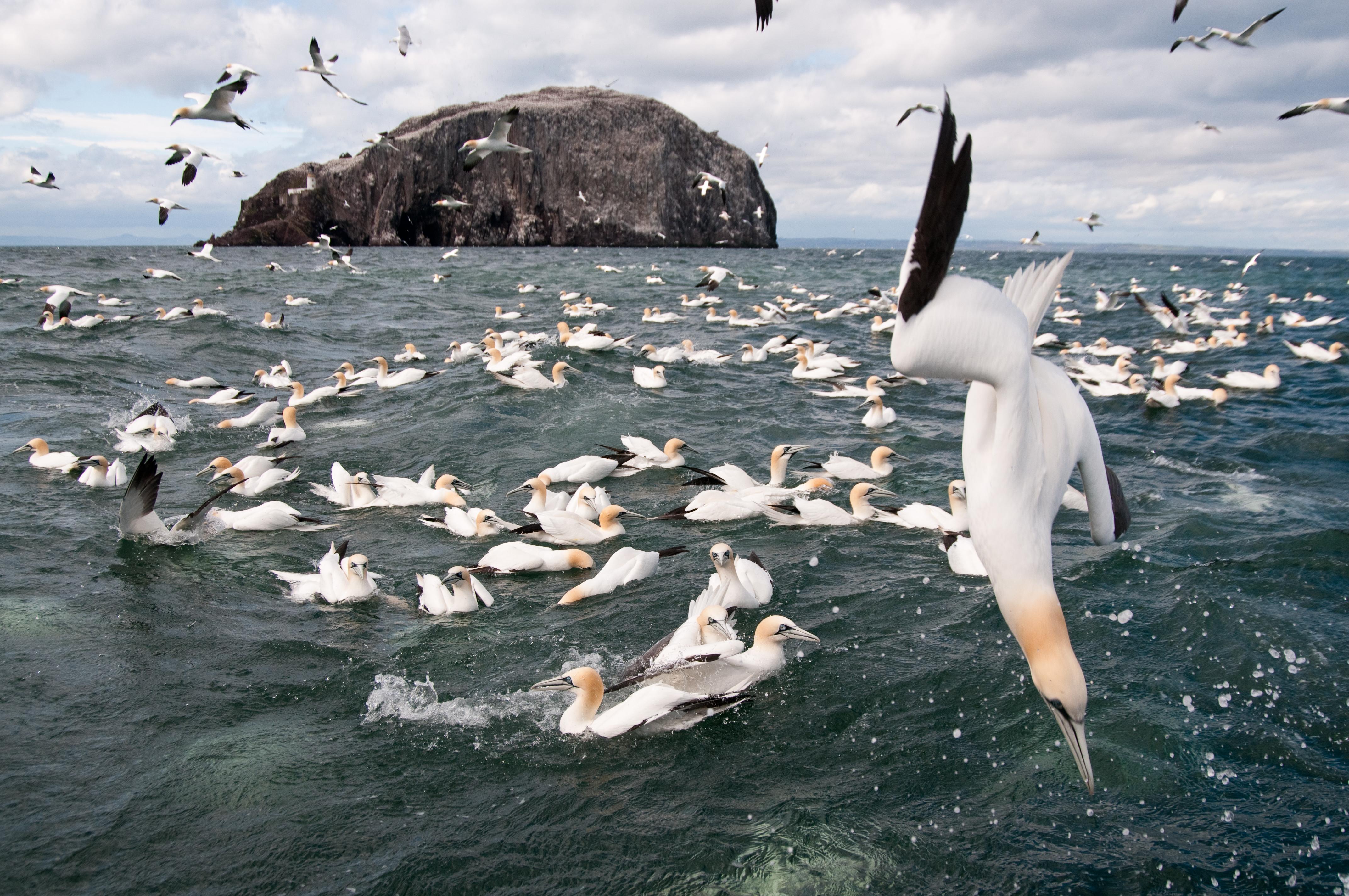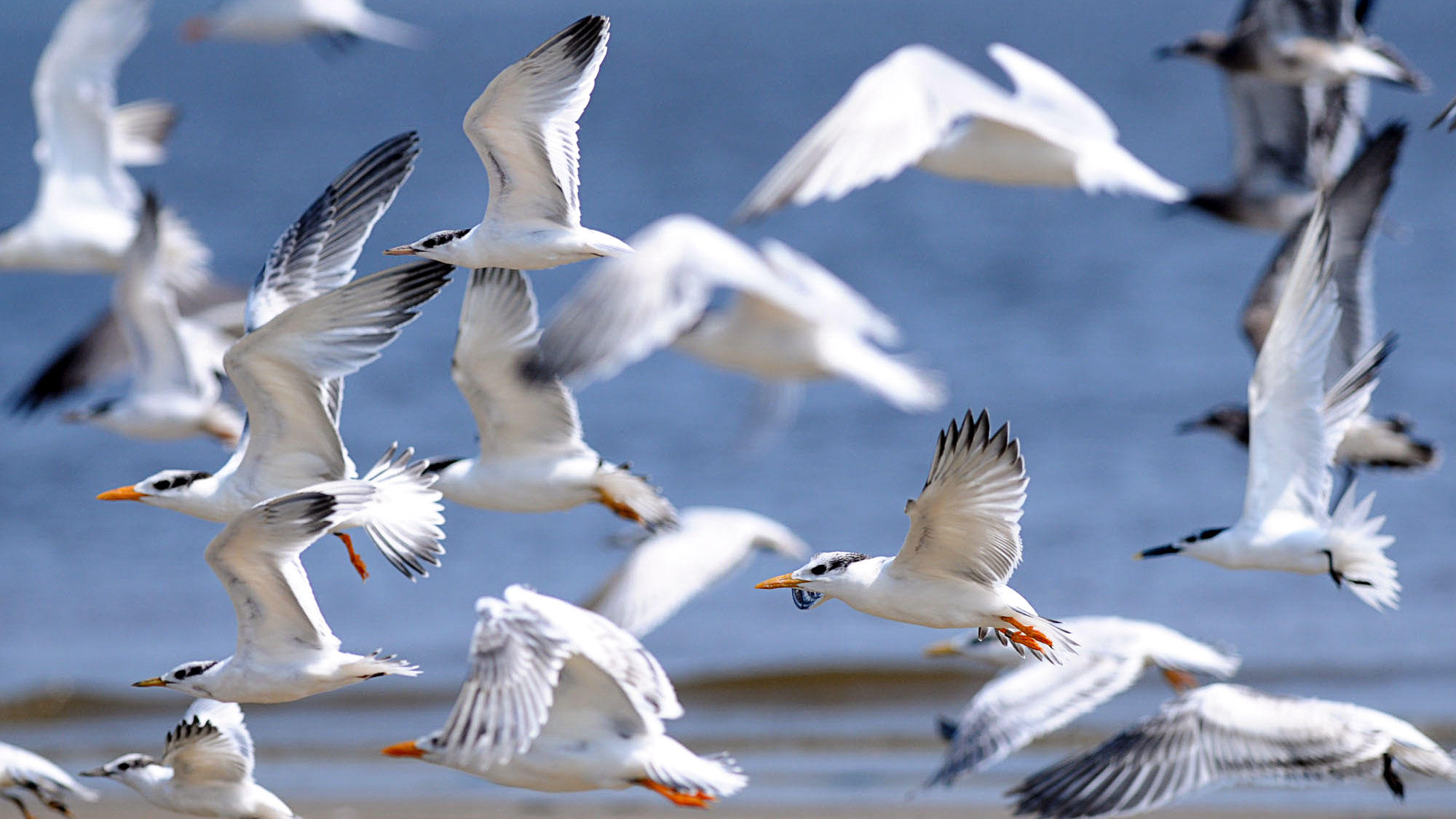By studying the impact this has on the birds, scientists hope they will learn more about how plastic could be harming all sea life.
In the documentary the team can be seen pumping the stomachs of shearwater chicks and recovering a whole array of large and sharp plastic objects.
But as well as the physical damage the objects cause to the birds, scientists claim they have now found evidence that suggests the chemicals in the plastic are interfering with the birds' hormones.
Over 200 marine species have been found to ingest plastic and work is being carried out to establish why.
One theory, revealed in the documentary, is that algae growing on the surface of the plastic gives off a smell that attracts fish and other sea creatures.
Tiny bits of plastic suspended in the water are thought to be mistaken for fish eggs, while plastic bags are often eaten in the belief that they are jellyfish.
The film also looks at the impact of microplastics on the Arctic, examining how its presence in the food chain can be found all the way from plankton up to walruses.
Charlotte Moore, Director of BBC Content said: “BBC One continues its mission to uncover the devastating impact plastics are having on our oceans in this special film that looks at one of the most significant and important environmental crises of our time.”
Tom McDonald, Head of Commissioning, Natural History & Specialist Factual added: "Blue Planet II had an extraordinary impact in raising awareness of the threat of plastics to our oceans.
"This powerful and emotional 90 minute special signals our continued commitment to exploring the challenges facing the natural world and bringing our audience the very latest research from the field on this incredibly important subject."













Comment